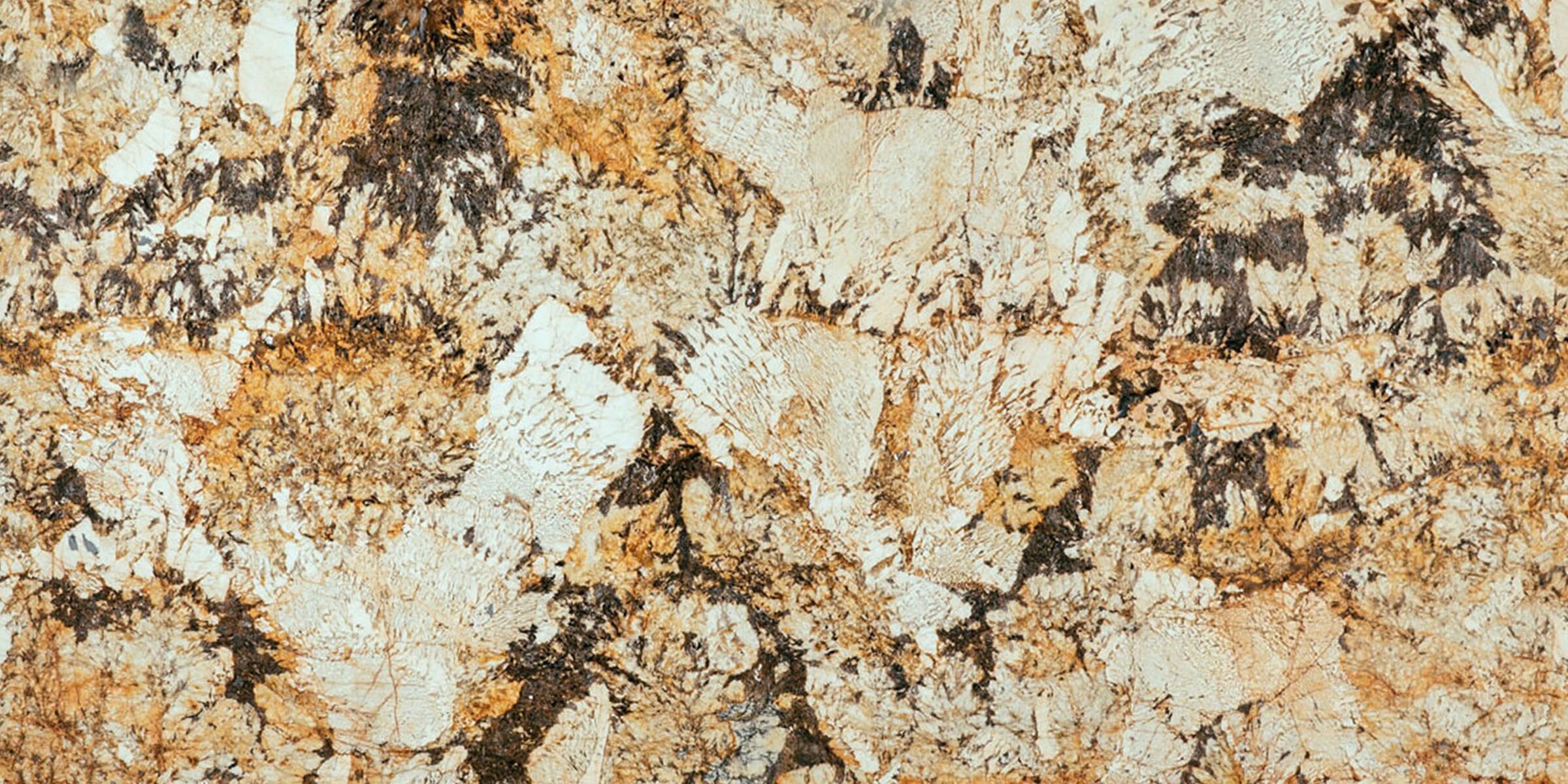Quartz vs. Granite Countertops: A Comprehensive Comparison
When it comes to choosing the perfect countertop material for your kitchen or bathroom, quartz and granite are two of the most popular options. Both materials offer unique advantages and aesthetic appeal, making the decision challenging for many homeowners. In this blog post, we’ll explore the key differences between quartz and granite countertops, helping you make an informed choice that best suits your needs and style.
1. Composition and Appearance
Quartz Countertops: Quartz countertops are engineered from natural quartz crystals combined with resins and pigments. This manufacturing process allows for a wide range of colors and patterns, offering consistent and uniform appearances that can mimic natural stone or provide unique, contemporary designs. The controlled manufacturing also allows for more customized designs.
Granite Countertops: Granite countertops are made from natural stone quarried directly from the earth. Each slab of granite is unique, with its own distinct patterns, colors, and veining. This natural variability can be a significant selling point for those who appreciate the beauty of natural stone and desire a one-of-a-kind look.
2. Durability and Strength
Quartz Countertops: Quartz is incredibly durable and resistant to scratches, stains, and chips. Its non-porous nature means it does not require sealing and is highly resistant to bacteria and mold, making it an excellent choice for kitchens and bathrooms.
Granite Countertops: Granite is also very durable and resistant to heat, scratches, and impacts. However, it is a porous material, meaning it can absorb liquids and stains if not properly sealed. Regular sealing is necessary to maintain its resistance to stains and bacteria.
3. Maintenance and Care
Quartz Countertops: Quartz countertops are low-maintenance. They do not require sealing and can be easily cleaned with mild soap and water. Their non-porous surface makes them resistant to most stains and bacteria, contributing to a hygienic kitchen environment.
Granite Countertops: Granite countertops require a bit more maintenance. They need to be sealed regularly (typically once a year) to protect against stains and moisture. Cleaning should be done with mild soap and water, avoiding harsh chemicals that can damage the sealant.
4. Heat Resistance
Quartz Countertops: While quartz is heat-resistant, it is not heat-proof. Direct exposure to high temperatures can damage the resin binders in quartz, causing discoloration or cracking. It’s advisable to use trivets or hot pads to protect the surface from hot pots and pans.
Granite Countertops: Granite is highly heat-resistant and can withstand hot pots and pans placed directly on its surface. However, to preserve its appearance and longevity, it’s still wise to use trivets or hot pads.
5. Cost
Quartz Countertops: The cost of quartz countertops can vary widely based on the brand, color, and design. Generally, quartz tends to be slightly more expensive than granite, though the prices can overlap depending on the specific material and quality.
Granite Countertops: Granite countertops also have a wide range of costs, depending on the rarity and quality of the stone. While some high-end granites can be very expensive, there are also more affordable options available.
6. Environmental Impact
Quartz Countertops: Quartz countertops are considered more environmentally friendly as they are made from abundant natural quartz and can incorporate recycled materials. However, the manufacturing process does involve resins and energy-intensive production methods.
Granite Countertops: Granite is a natural product that requires quarrying, which can have environmental impacts. However, once installed, granite is a durable and long-lasting material that does not require additional manufacturing processes.
Both quartz and granite countertops offer distinct advantages, and the choice ultimately depends on your personal preferences, lifestyle, and budget. Quartz countertops are ideal for those seeking low-maintenance, consistent aesthetics, and high durability. Granite countertops are perfect for homeowners who appreciate the unique beauty of natural stone and don’t mind the additional maintenance required.
Consider your specific needs, desired look, and how much maintenance you’re willing to undertake when making your decision. Either way, you’ll be adding a beautiful and functional element to your home that will enhance its value and appeal.

